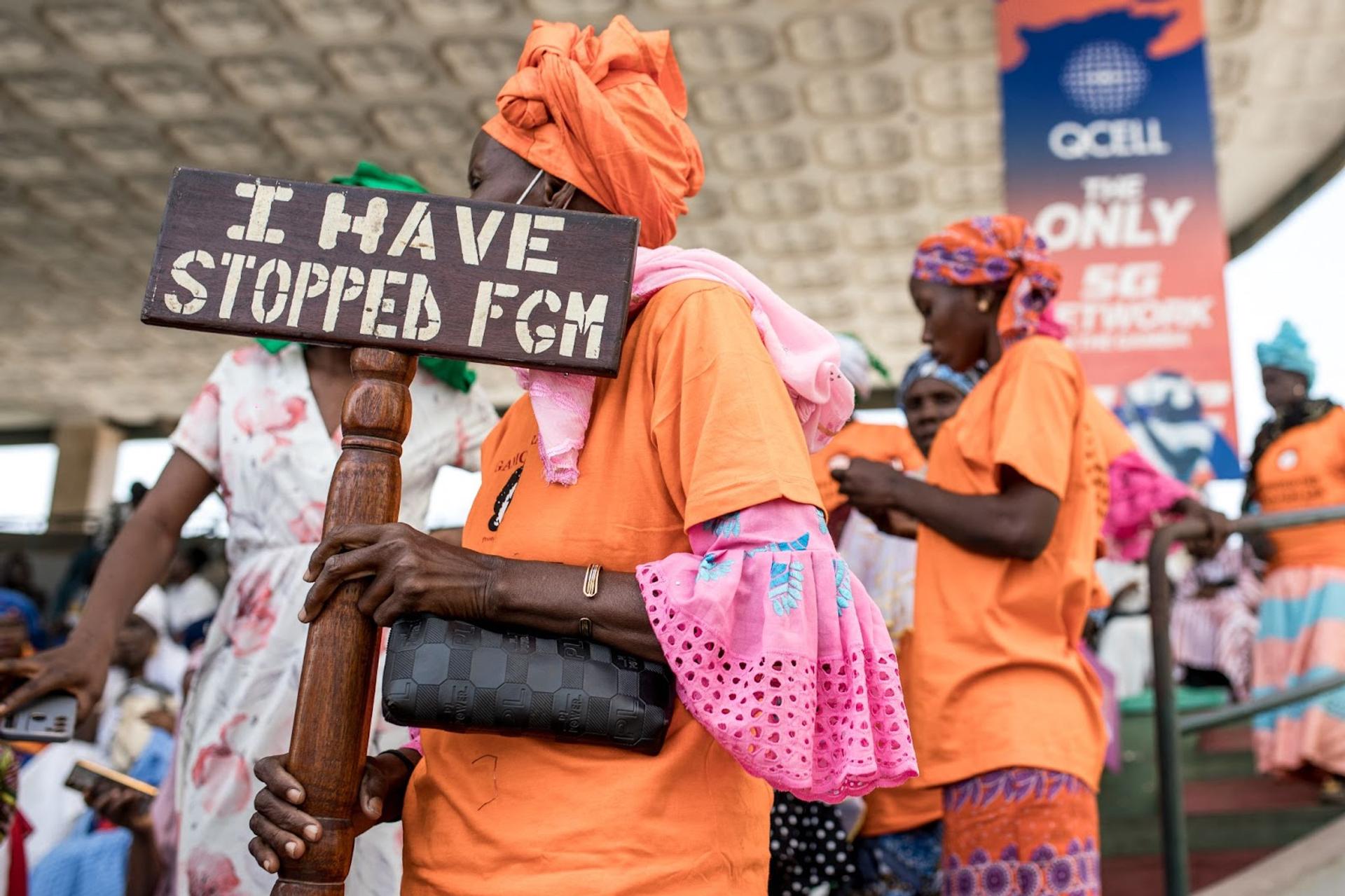The News
BANJUL, The Gambia — The Gambia is on the brink of becoming the first nation in the world to reverse a ban on female genital mutilation (FGM).
The practice, which has roots in social and religious beliefs, is widely viewed as a human rights violation and in many cases leads to severe health problems.
The West African country passed a law banning the custom in 2015, but its parliament is now moving to overturn the ban. Lawmakers have argued that the move is necessary to “uphold religious loyalty and safeguard cultural norms and values.”
A bill to repeal the FGM ban passed its second reading last week. Of the 53 predominantly male members of the National Assembly, only four voted against the bill, with one abstaining. Only one out of the five women in the assembly voted against the repeal of the ban.
The bill will now be reviewed by a parliamentary committee before a final vote. A date has not yet been set for the committee’s review.
In this article:
Know More
FGM has been a deeply entrenched cultural practice in The Gambia for generations. It involves the partial or total removal of the clitoris.
The 2015 ban was put in place during the tenure of former President Yahya Jammeh, whose government opposed the practice. The revival of FGM as a political issue comes amid shifting political dynamics after Jammeh’s 22-year autocratic regime ended in 2017 when he fled to Equatorial Guinea in exile after initially refusing to accept an election defeat. Recent debates among legislators and campaigners have reignited interest in the issue.
President Adama Barrow has steered clear of entering the FGM debate. The gender and social welfare ministry issued a statement last week, and said efforts would continue to raise awareness about the practice.
Isatou’s view
The Gambia’s FGM ban in 2015 represented a significant milestone in the country’s efforts to protect the rights and well-being of its citizens — particularly girls and women. It signified a shift towards prioritizing human rights and gender equality over harmful cultural practices. And, crucially, it provided a legal framework to safeguard individuals from undergoing the physical and psychological trauma associated with the practice.
From my perspective as a Gambian woman, the ban on FGM is a highly commendable measure. It’s necessary to protect the fundamental rights and dignity of women and girls. As a staunch advocate for human rights and gender equality, I firmly believe that every individual has the right to live free from violence, coercion, and discrimination, including harmful cultural practices like FGM. For Gambian women, the ban signifies a step towards empowerment and autonomy, granting us agency over our bodies.
This could all change if the ban is repealed. Several factors will influence the way this issue plays out in The Gambia. Continued advocacy and awareness-raising efforts are essential to reinforce the importance of upholding the ban and ending the practice of FGM for good. Sustained political will and commitment from government officials will be crucial in any effort to protect the existing legislation.
The government’s silence on the matter has raised widespread concern among Gambians. But activists and civil society groups have been vocal in recent weeks, staging large protests at the national assembly building during both readings of the bill. The possibility that the current ban may be revoked is likely to cause a wave of even bigger demonstrations led by women.
The outcome of this legislative maneuver will ultimately depend on the balance of political forces, public opinion, and the government’s responsiveness to domestic and international pressure regarding women’s rights.
Room for Disagreement
Pro-FGM campaigners argue that the practice holds deep cultural and religious significance within their communities, and view FGM as a traditional rite of passage that symbolizes femininity and cultural identity.
Some proponents argue that the custom is sanctioned by religious teachings, particularly in Islam. They say efforts to ban the practice as an infringement of their right to adhere to their religious and cultural beliefs. “It is a practice that signifies purity and adherence to our faith. Efforts to ban FGM overlook its religious significance and undermine our cultural traditions,” Imam Abdoulie Fatty, religious scholar and former state house Imam, told Semafor Africa.
Many Islamic scholars view FGM as a religious practice, rather than a cultural one. But the custom crosses religious lines: both Muslims and Christians carry out FGM in The Gambia.
